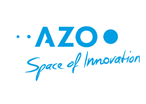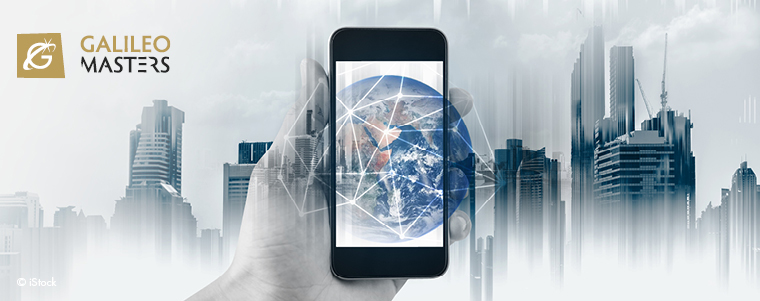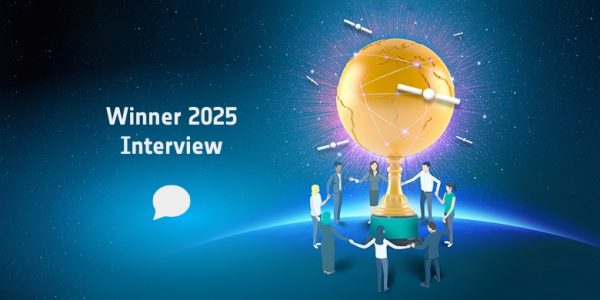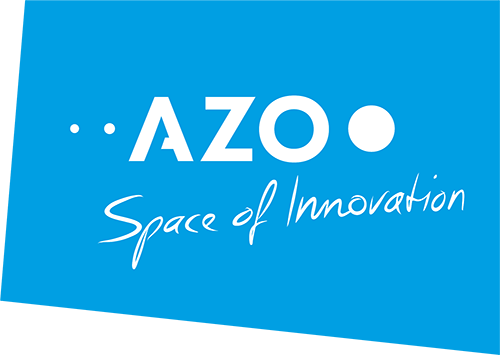Seeing is believing
New development projects need feedback – citizens want to have a say in what their city will look like and real estate buyers want to give their opinion on the style of their new home.
At the moment, in order to provide feedback as a citizen, you first receive a leaflet in the post informing you about a meeting at your local council. If you are at home on that day and feel like discussing urban planning after work, you attend that meeting.
There, you are presented with images, technical drawings or, if your municipality is technologically advanced, 3D computer visualisations to help you understand the planned project. This one-way communication doesn’t reach many people and, because it is presented out of its real-world context, it prevents them from fully experiencing how the new developments will affect them.
As a result, it can make citizens dissatisfied with their city, not to mention how long it takes to get feedback on large projects, which cost thousands of euros of taxpayer money. And, for real estate developers and architects, unimaginative visualisations bring down sales and poor-quality feedback prolongs projects because of misunderstandings.
The Innovation
AR World’s – the winner of the Galileo Masters 2018 Netherlands Challenge – one-click smartphone / tablet apps democratise urban development, allowing everyone to give feedback based on their own augmented reality experience. When you’re at the future project site, you take out your phone, it recognises where you are and automatically places the building where it’s supposed to be so you can walk around it, have a look and provide feedback with the click of a button.
And this is just one of the possible use cases currently being investigated as part of AR World‘s idea validation process.
Precise world-scale AR hasn’t been possible until now thanks to recent breakthroughs in computer vision technology and the high-accuracy positioning provided by Galileo. With the combination of these technologies, your device can become a window to an infinite number of parallel universes of 3D objects layered over the real world, which you can create and share with your friends.
Ideation, Validation and Pivoting
With the support gained by winning the Galileo Masters 2018 Netherlands Challenge, provided by ESA SBIC Noordwijk and its partner organisations, AR World has pivoted and progressed from ideation to validation. AR World’s initial concept has been narrowed down to one that solves a specific problem in order to establish a business case on which to validate the technology.
The idea began as a way to visualise historical buildings that no longer exist in order to make the past come alive as part of a tourist educational experience. For Galileo Masters, in order to expand the scope beyond history, it evolved into an idea for a sandbox platform where users can express their imagination by creating AR objects in a 3D editor, including historical buildings, and placing them in the world for everyone to interact with in a Minecraft-in-AR-like experience across parallel AR universes overlaying the real world. However, it was later found that creating objects in a 3D editor would be too great a barrier for users, while creating objects with building blocks in AR would have to compete with existing big-budget solutions.
Finally, it was decided to pursue one of the envisioned solutions for the sandbox platform – visualisation of real estate. After months of validation research comprising dozens of emails, phone calls and meetings with municipality officials, real estate developers and architects, citizen feedback-gathering was identified as a potential problem-solution fit and AR World was selected for the Wildcard Challenge of the Startup in Residence programme organised by the Province of South Holland.
A show-of-concept demo has been built that allows the user to display 3D objects at given geographic locations in AR on a smartphone or tablet. The pilot project for the Province will integrate advanced computer vision features and explore the potential of the application for public administration bodies. This idea also generated interest from a neighbourhood association in the city of Leiden for the purpose of visualising a new green development proposal.
Furthermore, the Galileo Masters award helped AR World to gain a place at the Venture Academy of the Leiden Centre for Innovation and Entrepreneurship (PLNT), which offers essential guidance and training on business, product and customer development, as well as access to a wide professional network. In addition, the startup is taking part in the Astropreneurs Space Startup Accelerator, which has provided valuable business mentoring from Verhaert innovation consultants.
In the coming months, the focus will be on building application prototypes for the pilot projects and finalising validation research. We are looking forward to sharing the results and lessons learnt with you!
About Peter Vaník:
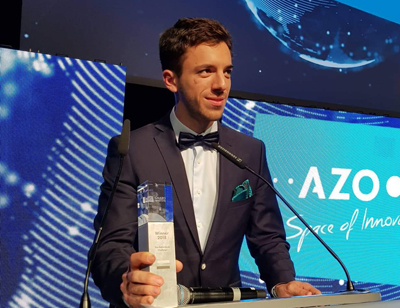 AR World’s founder Peter Vaník previously worked as a Young Graduate Trainee at the European Space Agency (ESA), where he learnt about satellite navigation thanks to ESA’s Galileo App Competition. He enjoys playing with cutting-edge technology and finding new business applications for it that deliver intuitive user experiences. Peter is interested in placing innovative technology in the context of politics and business to bring about positive change.
AR World’s founder Peter Vaník previously worked as a Young Graduate Trainee at the European Space Agency (ESA), where he learnt about satellite navigation thanks to ESA’s Galileo App Competition. He enjoys playing with cutting-edge technology and finding new business applications for it that deliver intuitive user experiences. Peter is interested in placing innovative technology in the context of politics and business to bring about positive change.
